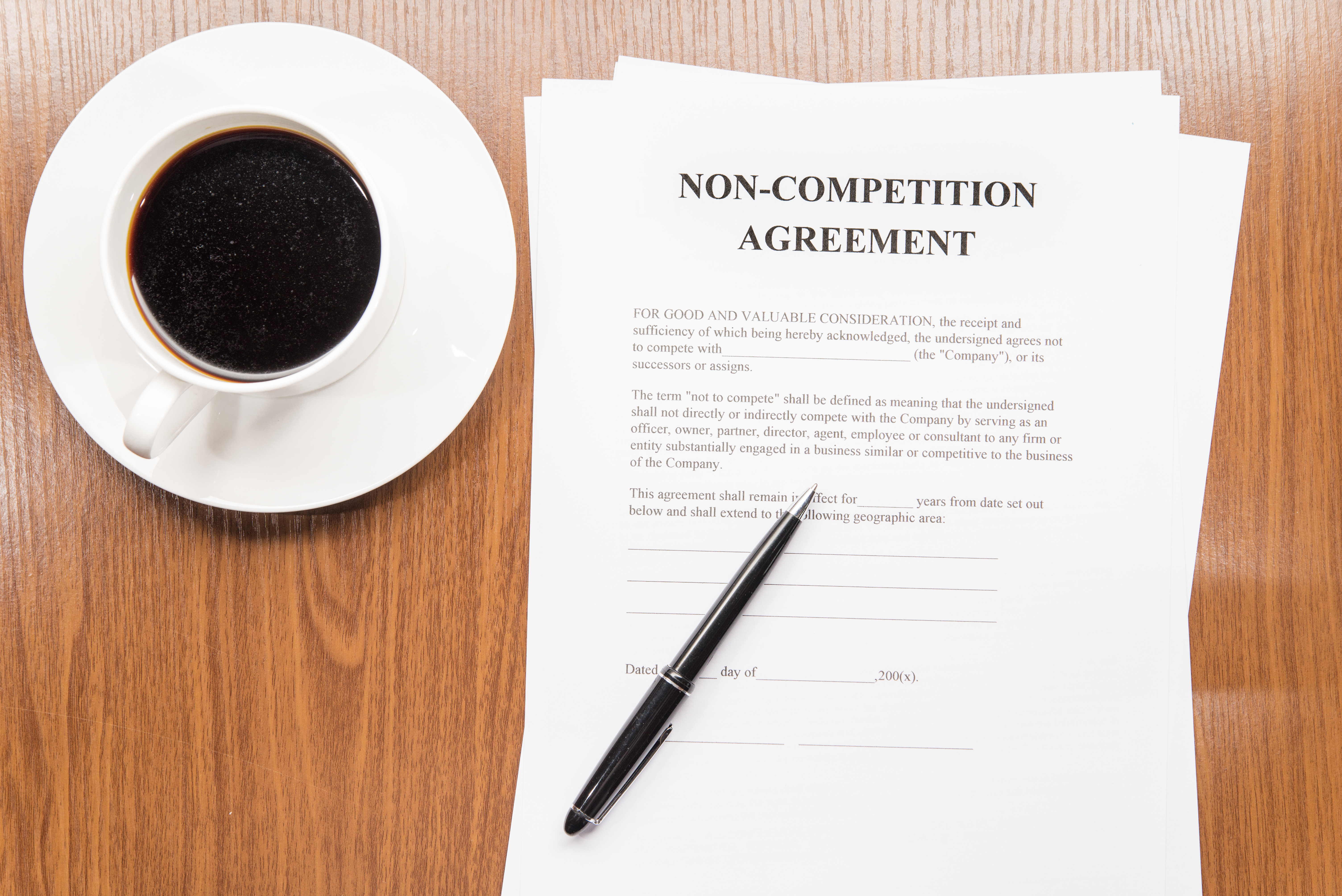Foreseeability and the Duty Element of a Negligence Claim
Negligence causes of action are common causes of action in lawsuits. Therefore, it is important know what a plaintiff needs to do to both plead and prove a negligence claim. This includes the duty element of a negligence claim -- without the duty element, there is no negligence claim, and certainly no claim going to a jury to decide. “To state a cause of action for negligence, a plaintiff must allege: (1) the existence of a legal duty owed by the defendant to others, (2) breach of that duty by the defendant, (3) injury to the plaintiff proximately caused by...
Continue reading













